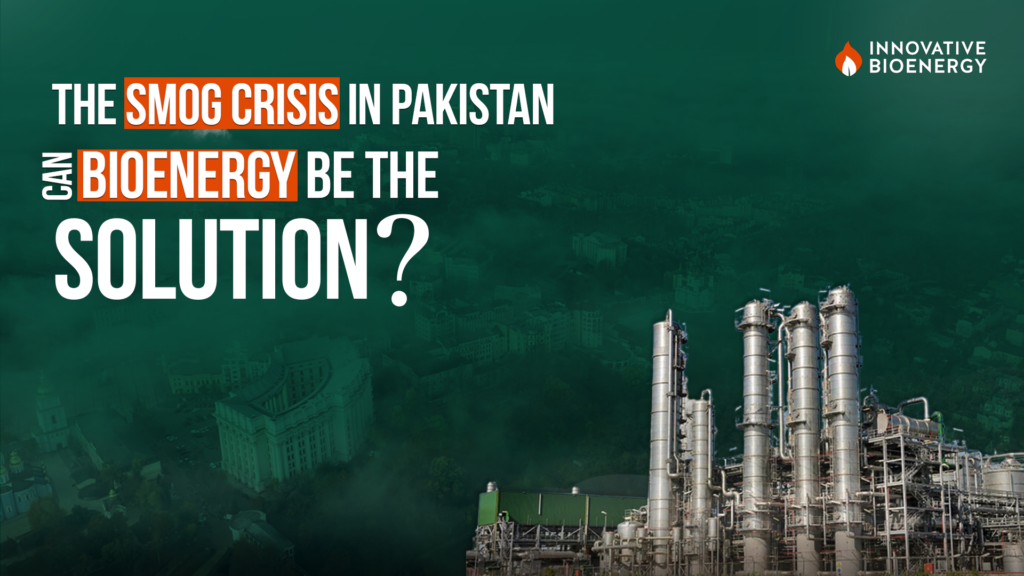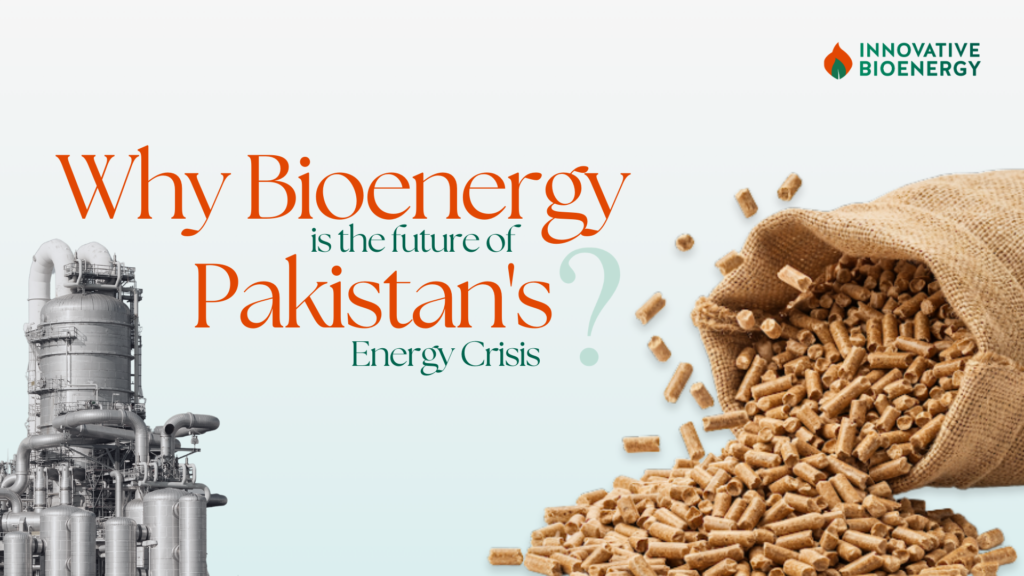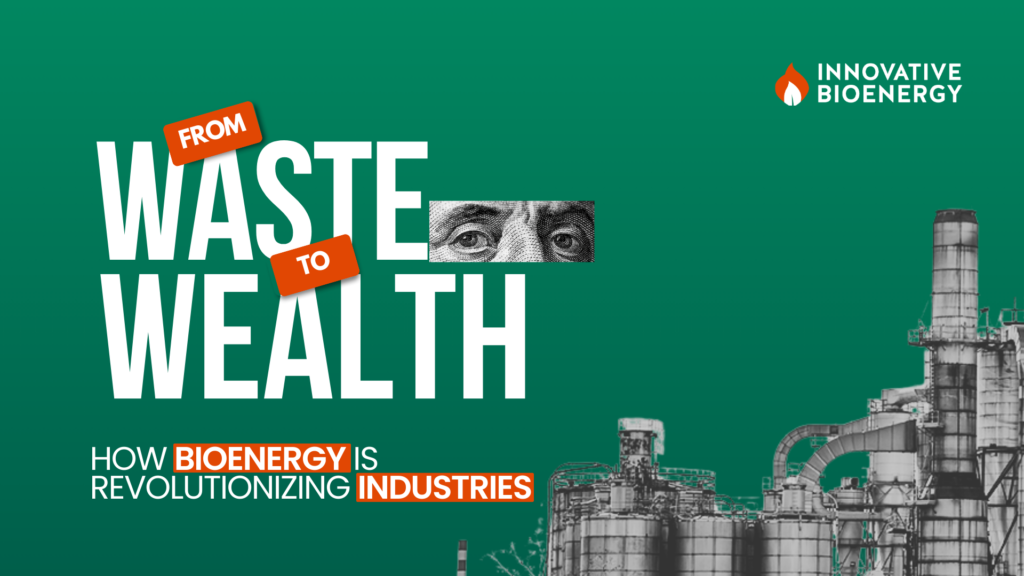Pakistan is facing a significant smog crisis, especially in the Punjab province. Cities like Lahore and Multan suffer from extremely poor air quality, often with pollution levels up to 110 times higher than safe limits, as mentioned in a report. This dangerous air causes serious health problems, including respiratory issues, and even forces schools to shut down.
A big part of the problem is crop residue burning. Farmers burn millions of tons of leftover crops each year, which releases harmful smoke and toxic particles into the air.
Pakistan, particularly Punjab, is exploring sustainable bioenergy solutions to combat severe air pollution. One promising approach is air pollution reduction through biomass energy, which can significantly improve air quality. Let’s have a deeper look into it.
The Smog Crisis in Pakistan: Key Facts and Causes
Smog, a combination of smoke and fog, has become a common occurrence in major cities across Pakistan, especially during the winter months.
In Punjab, the situation is particularly severe. According to the World Health Organization (WHO), the region’s air quality consistently ranks among the worst globally. In 2023, according to a report, Pakistan’s annual average PM2.5 concentration reached an alarming 73.7 µg/m³, dramatically exceeding the WHO’s recommended limit of 5 µg/m³. Moreover, Lahore faces even more severe conditions, with average PM2.5 levels of 99.5 µg/m³, approximately 20 times higher than WHO guidelines.
What Causes the Smog?
Crop Residue Burning
Farmers in Punjab burn between 3.6 to 5 million tons of rice stalks and husks yearly. According to CERP, this crop residue burning generates about 20% of Pakistan’s air pollution. Farmers burn these leftovers to quickly prepare fields for the next growing season, releasing massive clouds of smoke and harmful particles into the atmosphere.
Other Pollution Sources
Factories, brick kilns, and vehicles pump out significant air pollution in Punjab. Outdated industrial equipment and old vehicles release dirty exhaust that worsens the smog problem. Winter weather traps these pollutants close to the ground, leading to a smog crisis that covers cities from October through February.
Bioenergy Solutions: Turning Waste into Power
According to IGC, Pakistan’s farms generate about 8.5 million tons of rice waste yearly, contributing to millions of tons of total crop waste. This agricultural waste management challenge could be converted into an opportunity to produce an estimated 600,000 terajoules of bioenergy instead of fouling the air.
How Crop Waste Becomes Energy
| Type of Bioenergy | How It Works | Benefits |
| Biogas | Crop waste decomposes in oxygen-free tanks | Creates cooking fuel and fertilizer |
| Biochar | Waste burns with limited oxygen | Improves soil and stores carbon |
| Biomass Briquettes | Compressed waste pellets | Replaces coal in factories and homes |
| Electricity | Burning biomass to run generators | Provides clean power to communities |
Challenges to Implementing Bioenergy Solutions
Missing Infrastructure
Pakistan faces major challenges in adopting bioenergy solutions due to poor infrastructure. According to a report, there are not enough systems to collect, store, and process farm waste effectively. Rural villages are spread out, making waste collection difficult. Seasonal crop waste availability leads to supply chain issues, especially without proper storage facilities.
Policy Problems
The government of Pakistan has not created effective policies to support sustainable energy, particularly bioenergy. There are few regulations encouraging power plants to use biomass, limiting its adoption. Farmers are also unwilling to stop burning crop residue because alternative disposal methods are more time-consuming and expensive.
How to Make Bioenergy Work in Pakistan
Building Markets for Biomass Energy in Pakistan
To make the most of biomass energy in Pakistan, here are some key steps:
- Increase Demand for Biomass Fuels
Educating people about biomass fuels and highlighting their benefits can encourage widespread adoption. By offering financial incentives, we can further motivate individuals to choose biomass as a sustainable energy source. - Encourage Biomass Use in Power Generation
Power plants should incorporate more biomass into their energy mix, as it is important to encourage its use even in the absence of a law mandating it, similar to the way biodiesel is utilized in transportation
Improving Government Support
To make bioenergy work and reduce smog, the government needs to:
- Give Financial Help to Farmers
To encourage farmers to adopt bioenergy technologies, we should offer financial incentives to reduce costs. By helping with equipment expenses and providing training programs, we can make the switch to sustainable energy easier and more accessible for farmers. - Set Standards for Bioenergy Products
Establishing clear quality standards for bioenergy products will ensure their efficiency and reliability, helping to build trust in the biomass industry and encouraging investment.
Conclusion
Bioenergy solutions can’t completely fix Pakistan’s smog crisis alone, but they address a major part of the problem while generating clean energy. The technology exists to convert crop residue burning into renewable energy for smog reduction.
By turning crop waste into energy rather than smoke, Pakistan can improve air quality while producing electricity. This creates jobs, boosts farmer income, and helps everyone breathe easier.
The main hurdle isn’t technical know-how; it’s getting all stakeholders to collaborate on implementing sustainable energy in Pakistan. With practical planning and genuine commitment, bioenergy solutions could help clear the air pollution in Punjab and build a healthier future for millions.
With the right action today, we can breathe cleaner air tomorrow. Let’s make bioenergy part of Pakistan’s brighter, sustainable future. For more information, explore our solutions.



